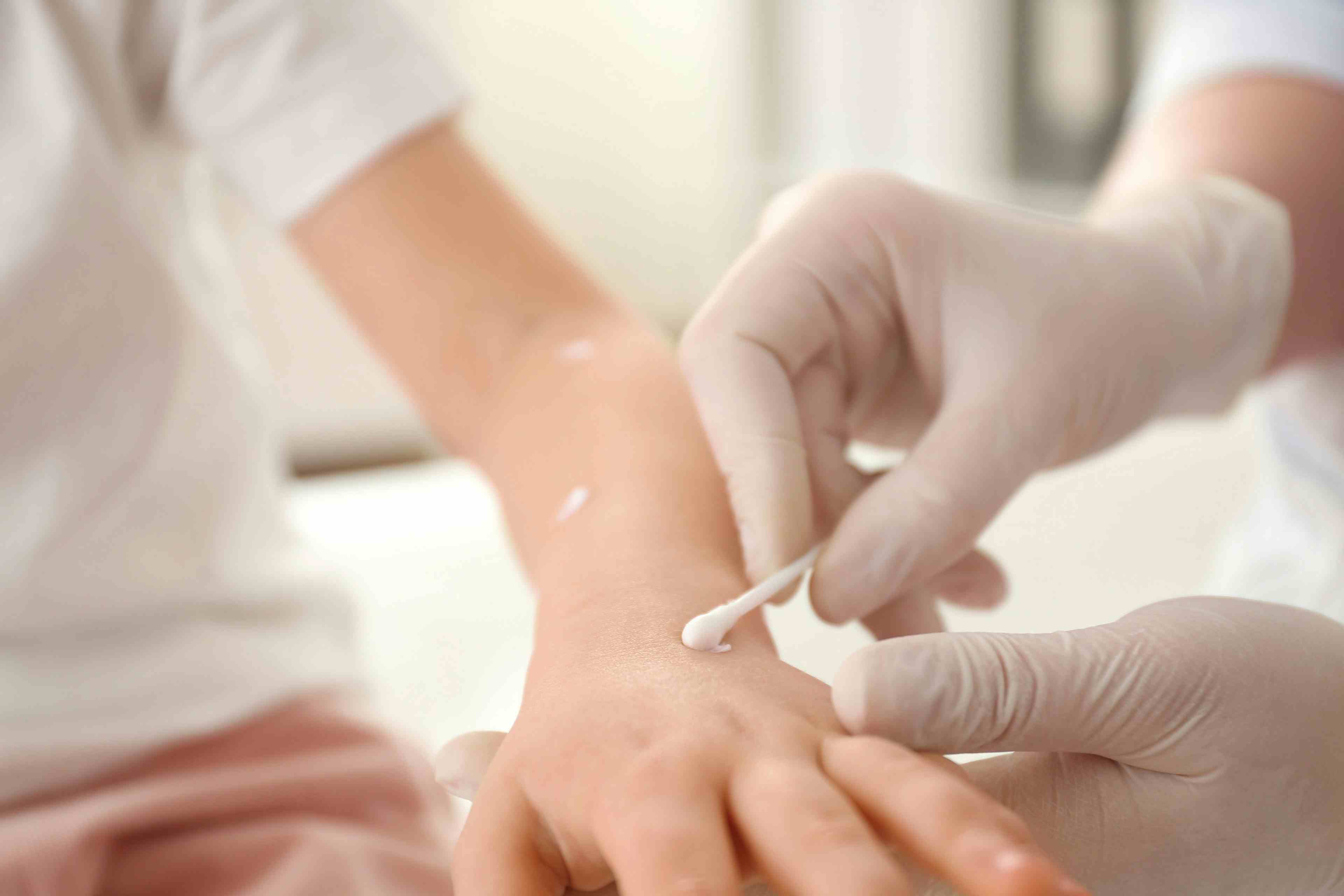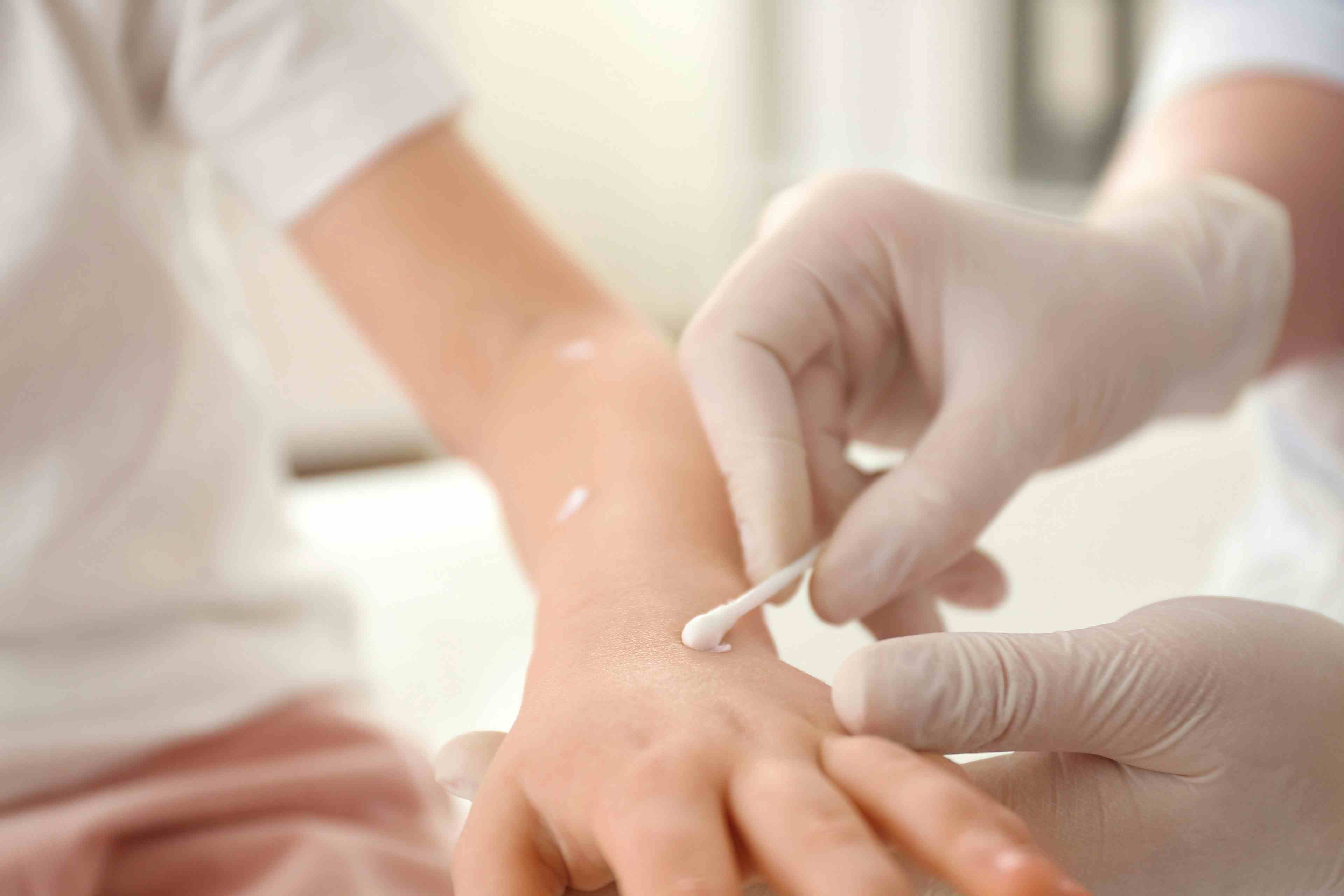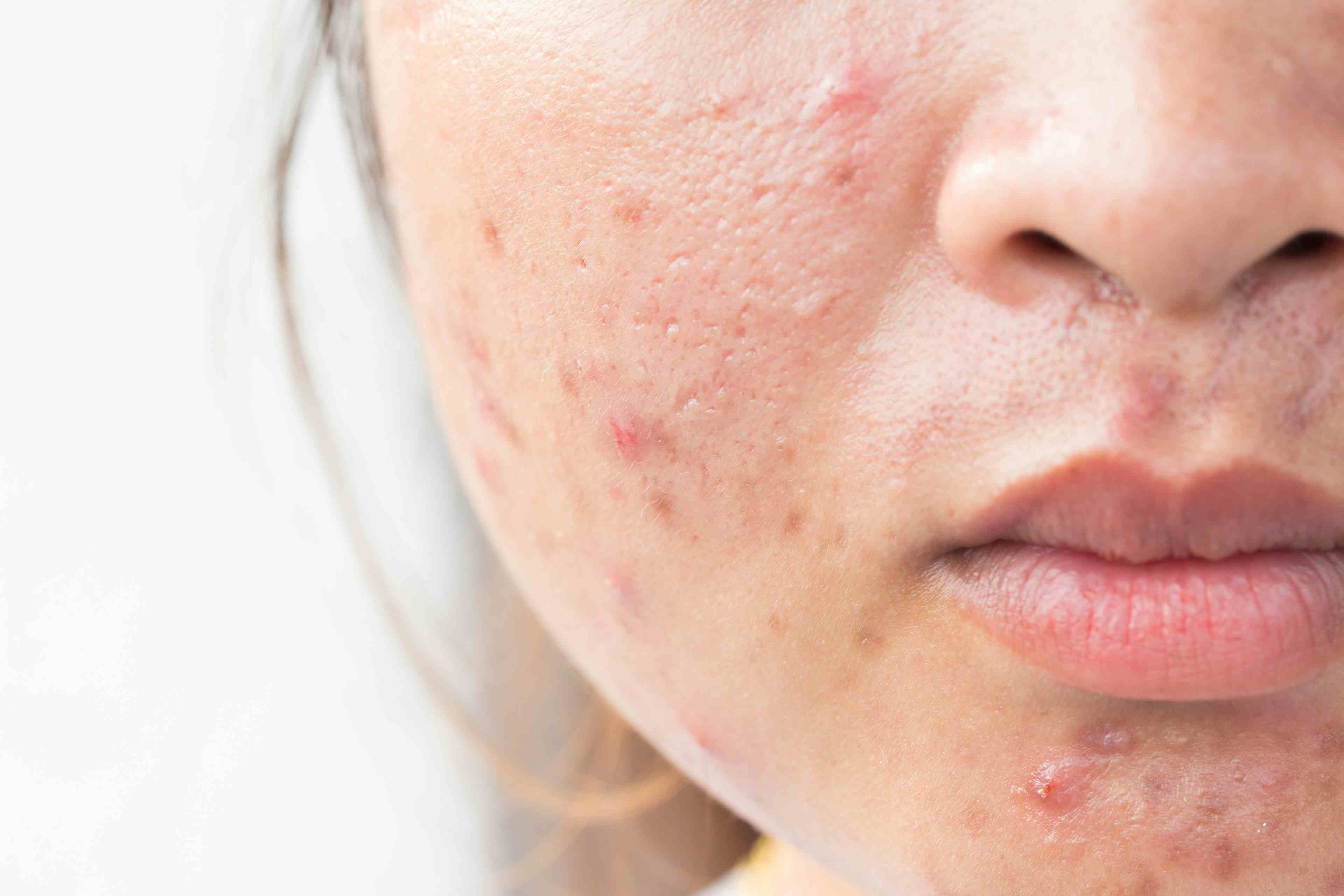- Acne
- Actinic Keratosis
- Aesthetics
- Alopecia
- Atopic Dermatitis
- Buy-and-Bill
- COVID-19
- Case-Based Roundtable
- Chronic Hand Eczema
- Chronic Spontaneous Urticaria
- Drug Watch
- Eczema
- General Dermatology
- Hidradenitis Suppurativa
- Melasma
- NP and PA
- Pediatric Dermatology
- Pigmentary Disorders
- Practice Management
- Precision Medicine and Biologics
- Prurigo Nodularis
- Psoriasis
- Psoriatic Arthritis
- Rare Disease
- Rosacea
- Skin Cancer
- Vitiligo
- Wound Care
Article
Infliximab demonstrates efficacy
Biologic therapy yields promising results in treatment of psoriasis, psoriatic arthritis
Toronto - In a recent study, patients with psoriatic arthritis (PsA) and active psoriasis responded well to infliximab (Remicade, Centocor) treatment administered as a 5 mg/kg infusion at weeks zero, two and six and every eight weeks through week 24.

"The main purpose of the study was to evaluate the safety and efficacy of infliximab in reducing the signs and symptoms of arthritis and improving skin disease in subjects with active PsA," he explains.
"The improvement of psoriasis is of special interest to dermatologists," says Dr. Papp.
The study The patient population included subjects 18 years of age or older with active peripheral PsA, active psoriasis or inadequate response to current or previous disease-modifying anti-rheumatic drugs (DMARD) or non-steroidal anti-inflammatory drugs (NSAID). Patients included those with active arthritis, defined as greater than or equal to five swollen joints, greater than or equal to five tender joints and one of the following two criteria:
Patients who were using methotrexate needed to be on a stable dose for greater than or equal to four weeks; if using oral corticosteroids or NSAIDS, they needed to be on a stable dose for greater than or equal to two weeks. Also, patients could not be on any topical medications for greater than or equal to two weeks, with the exception of low-potency corticosteroids, and there could be no PUVA or systemic psoriasis therapy for greater than or equal to four weeks.
Exclusions included active or latent tuberculosis, recent history of serious infection, and history of chronic infectious or opportunistic infection, among others.

"For patients who have a minimum of 3 percent body surface affected, PASI was calculated and the response was demonstrated at 16 weeks. This has been an extremely difficult category of patients to evaluate because of the way the PASI is calculated. Patients who have low body surface area also have a very difficult time having any improvement in their PASI scores. It is extremely nonlinear; therefore, they need to have a phenomenal change before they get even a modest change in their PASI score," he explains.
However, Dr. Papp says, the results are very similar to the phase 2 study results.
For subjects with baseline greater than or equal to 10 percent of body surface area and PASI greater than or equal to 12 percent, 73.9 percent of infliximab subjects had a greater than or equal to 75 percent improvement from baseline in PASI as compared to 0 percent of placebo subjects at week 14. (See Figure 1.)
"In the patients who have 10 percent or more body surface area affected, we demonstrated the PASI 75 response and the PASI 90 response. We also presented on the PASI 100, which signifies totally clear patients," he says.
Newsletter
Like what you’re reading? Subscribe to Dermatology Times for weekly updates on therapies, innovations, and real-world practice tips.
















